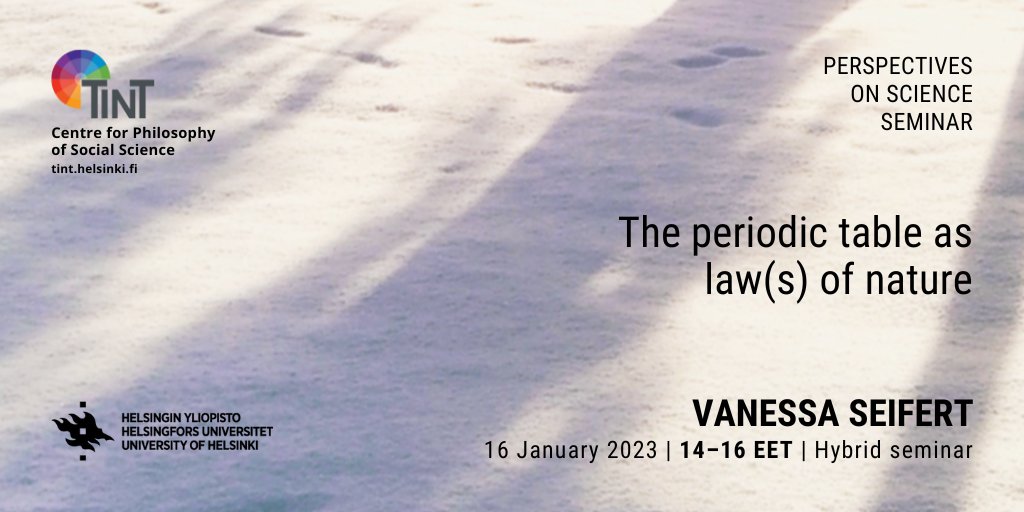
In the next Perspectives on Science seminar, Brian Nosek (University of Virginia) will give a talk on “Shifting incentives from getting it published to getting it right“.
The seminar takes place in hybrid format in person and online via Zoom from 14:15 to 15:45 on Monday the 30th of January 2023. To join the seminar, please contact jessica.north@helsinki.fi for the location or Zoom invitation.
Perspectives on Science is a weekly research seminar which brings together experts from science studies and philosophy of science. It is organized by TINT – Centre for Philosophy of Social Science at the University of Helsinki. More information about the seminar here.
Abstract:
The currency of academic science is publishing. Producing novel, positive, and clean results maximizes the likelihood of publishing success because those are the best kind of results. There are multiple ways to produce such results: (1) be a genius, (2) be lucky, (3) be patient, or (4) employ flexible analytic and selective reporting practices to manufacture beauty. In a competitive marketplace with minimal accountability, it is hard to avoid (4). But, there is a way. With results, beauty is contingent on what is known about their origin. With methodology, if it looks beautiful, it is beautiful. The only way to be rewarded for something other than the results is to make transparent how they were obtained. With openness, I won’t stop aiming for beautiful papers, but when I get them, it will be clear that I earned them.
Author bio:
Brian Nosek is co-Founder and Executive Director of the Center for Open Science (http://cos.io/) that operates the Open Science Framework (http://osf.io/). COS is enabling open and reproducible research practices worldwide. Brian is also a Professor in the Department of Psychology at the University of Virginia. He received his Ph.D. from Yale University in 2002. He co-founded Project Implicit (http://projectimplicit.net/), an multi-university collaboration for research and education investigating implicit cognition–thoughts and feelings that occur outside of awareness or control. Brian investigates the gap between values and practices, such as when behavior is influenced by factors other than one’s intentions and goals. Research applications of this interest include implicit bias, decision-making, attitudes, ideology, morality, innovation, and barriers to change. Nosek applies this interest to improve the alignment between personal and organizational values and practices. In 2015, he was named one of Nature’s 10 and to the Chronicle for Higher Education Influence list.

